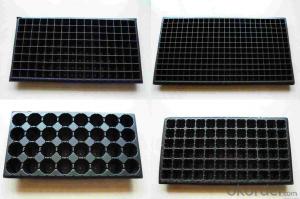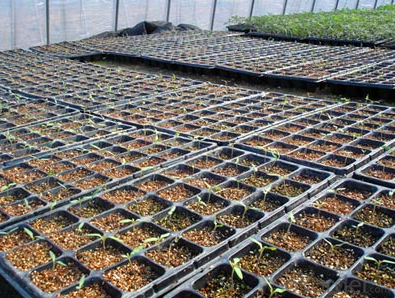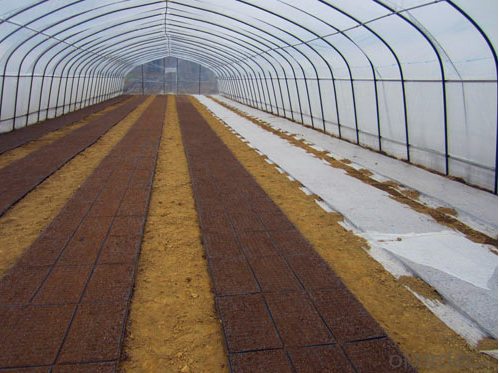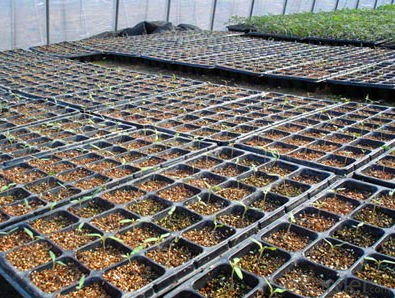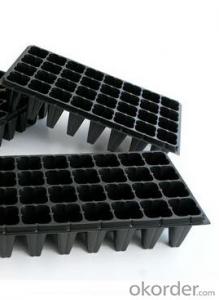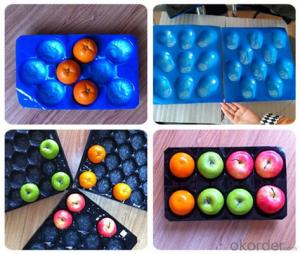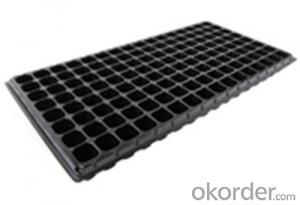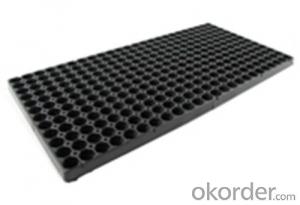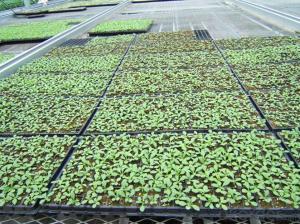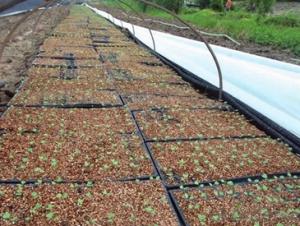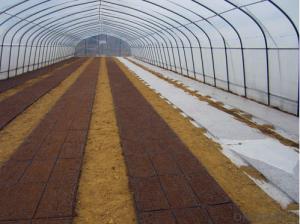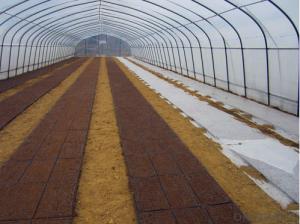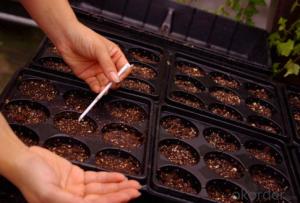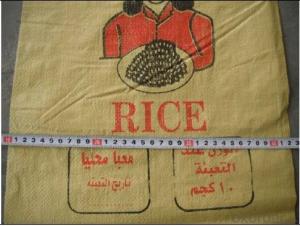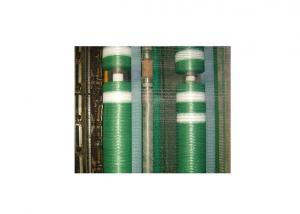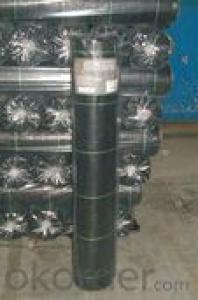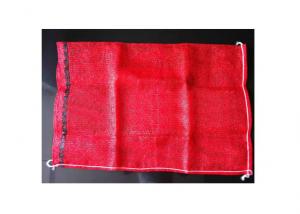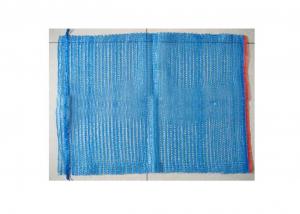Farm Pasture Planter Plastic Seed Cell Plug Tray 32Cells
- Loading Port:
- China main port
- Payment Terms:
- TT OR LC
- Min Order Qty:
- 3000 pc
- Supply Capability:
- 2000000 pc/month
OKorder Service Pledge
OKorder Financial Service
You Might Also Like
Specification of Plug Trays HIPS Made Plastic Plug Tray for Greenhouse (Growing and Seedling):
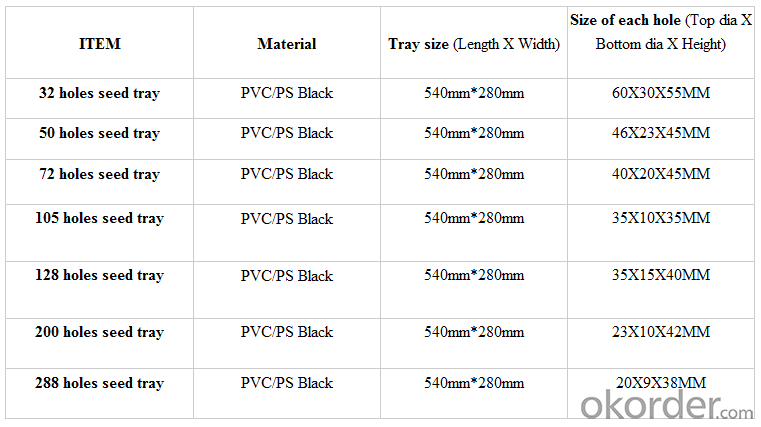
Features of Plug Trays HIPS Made Plastic Plug Tray for Greenhouse (Growing and Seedling):
· Material: HIPS
· Thickness: 0.5mm-1.5mm, Standard:1mm
· Weight: 80g(±5)g-230g(±5)g, Standard weight:155g(±5)g
· Size: length:490mm-540mm, width:190mm-345mm,depth:25mm-150mm
· Standard:540mmX280mm
· Cell count: 18-512
· Package: In Carton
· Warrenty: 8-10 times
Packaging & Delivery
Packing Detail: export standard carton or large bags
Delivery time: 4 million per momth after receipt of deposit
Advantage:
Waterproof, UV-resistant, extrusion-resistant
Easy carry for young seeding plant and grow
Service:
1. Quick, efficient and professional response within 24 hours, 14 hours online services
2. 10 years manufacturing and exporting experience in agriculture field.
3. Technical support and solution by chief engineer.
4. Strict quality control system & team, high reputation in the market.
5. Full range of irrigation products for choice
6. OEM/ODM services
7. Accept sample order before Mass Order
Picture of Plug Trays HIPS Made Plastic Plug Tray for Greenhouse (Growing and Seedling):
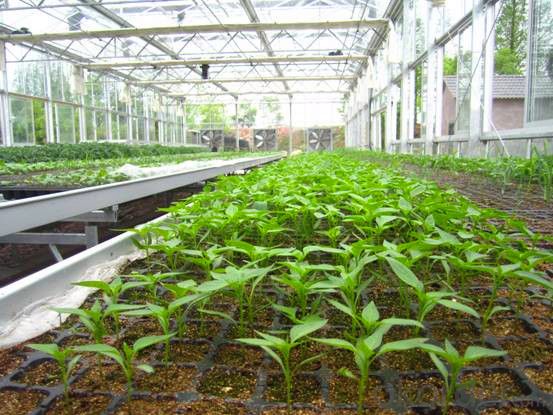
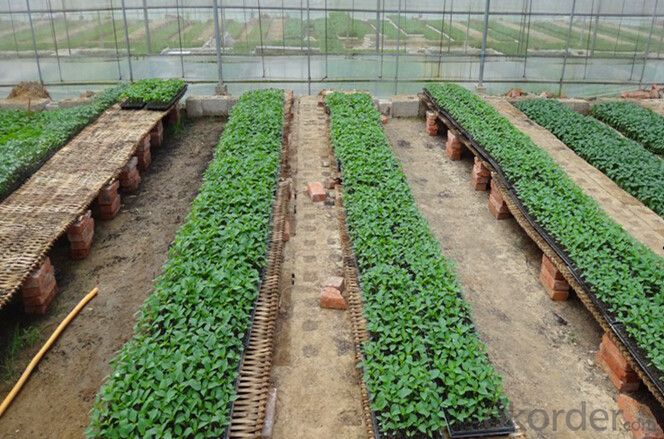
FAQ of Plug Trays HIPS Made Plastic Plug Tray for Greenhouse (Growing and Seedling):
Q: 1.How long is the production time?
A: Usually one to two weeks.
Q: 2.How is the seed tray being packaged?
A: They can be packaged in carton or pallets. Carton size is 1375px*725px*1250px.
Q:3.How many times can the seed tray be used?
A: Under the same environment, it is decided by the thickness. Usually 0.6mm thickness can be used for 1 or 2 times.
1.0 thickness can be used for 3-4 times. 1.5 thickness can be used for 8-10 times.
- Q: What are some ground cover options for sandy soil?
- Some ground cover options for sandy soil include beach grass, creeping juniper, lamb's ear, ice plant, and thyme.
- Q: Can ground cover be used to reduce soil erosion in vegetable gardens?
- Yes, ground cover can be used to reduce soil erosion in vegetable gardens. Ground cover plants, such as grasses, legumes, or cover crops, help to protect the soil from the impact of heavy rain or wind, preventing erosion. They also help to retain moisture in the soil, improve soil structure, suppress weed growth, and provide habitat for beneficial insects. Overall, using ground cover in vegetable gardens is an effective and sustainable way to mitigate soil erosion.
- Q: Are nursery trays suitable for growing fern allies?
- Yes, nursery trays are suitable for growing fern allies. Nursery trays provide a controlled and optimal environment for the growth of fern allies, allowing for proper drainage and sufficient aeration. Additionally, the compact size of nursery trays makes it easier to manage and monitor the growth of fern allies.
- Q: How does agricultural plastic affect crop frost protection?
- Agricultural plastic can significantly enhance crop frost protection by acting as a barrier against freezing temperatures. When properly applied, it forms a protective layer that traps heat and prevents cold air from reaching the crops. This helps to maintain a more stable temperature around the plants, minimizing the risk of frost damage and enabling farmers to extend the growing season.
- Q: i broke my plastic retainer and the bottom is in three peices and the top is cracked. i have no idea how it broke and im stuck wearing my metal one now
- Yes, plastic retainers (from my experience) are junk. They break and crack and I personally don't think they 'hold' teeth in place very well. Stick with your metal one. It's better to use anyway in the long run. It'll hold your teeth better and it's better quality. I had to get braces for a second time because those plastic retainers didn't hold my bottom teeth. Hang onto that metal retainer. :) Good luck!
- Q: i have a little problem googling it, how did corn based plastic develop? what is its history?
- Corn okorder
- Q: Are nursery trays suitable for succulent arrangements?
- Yes, nursery trays can be suitable for succulent arrangements as they provide a convenient and efficient way to grow and display multiple succulents in a compact space. The trays often come with drainage holes, which are crucial for preventing water accumulation and ensuring proper succulent growth. Additionally, nursery trays are usually made of durable materials that can withstand the weight and unique needs of succulents. However, it is essential to ensure that the tray is well-draining and has enough space for each succulent to thrive individually.
- Q: Can nursery trays be used for growing water lilies?
- Yes, nursery trays can be used for growing water lilies. These trays provide a suitable environment for the water lilies to grow, allowing for easy maintenance and transplanting when needed.
- Q: Are there any ongoing research projects on agricultural plastic products?
- Yes, there are several ongoing research projects on agricultural plastic products. These projects aim to explore sustainable alternatives to traditional plastic materials used in agriculture, assess the environmental impact of plastic waste in farming, and develop innovative recycling and disposal methods for agricultural plastics. Additionally, research is being conducted to improve the durability and longevity of agricultural plastic products, reduce their carbon footprint, and enhance their efficiency in various farming practices.
- Q: What is the best way to clean and sanitize nursery trays?
- The best way to clean and sanitize nursery trays is to first remove any excess dirt or debris by rinsing them with water. Then, using a mixture of mild soap or detergent and warm water, scrub the trays thoroughly with a non-abrasive brush or sponge. Rinse the trays again with clean water to remove any soap residue. To sanitize, prepare a solution of 1 part bleach to 10 parts water and soak the trays for at least 5 minutes. Finally, rinse the trays once more with clean water and allow them to air dry completely before using again.
Send your message to us
Farm Pasture Planter Plastic Seed Cell Plug Tray 32Cells
- Loading Port:
- China main port
- Payment Terms:
- TT OR LC
- Min Order Qty:
- 3000 pc
- Supply Capability:
- 2000000 pc/month
OKorder Service Pledge
OKorder Financial Service
Similar products
Hot products
Hot Searches
Related keywords
